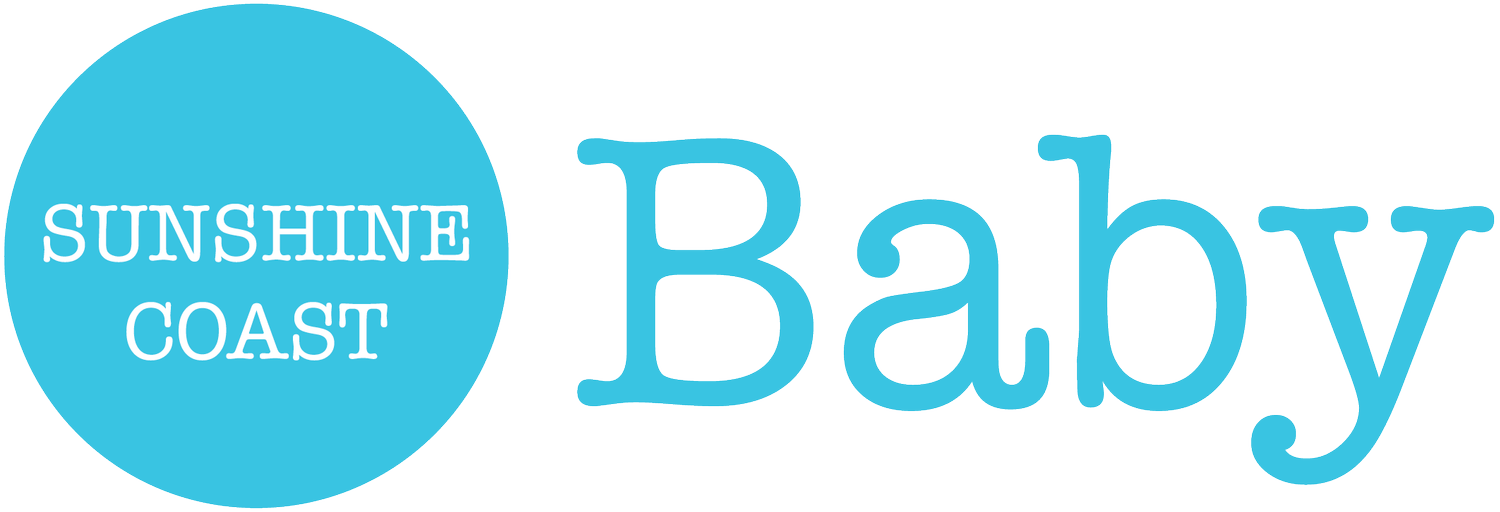Age appropriate body safety education
by Natalie Stokell
Being proactive, rather than reactive, with regards to body safety education can begin at a very young age. When you teach your child the differences between privacy and secrecy you are giving them the tools to recognise the difference and the confidence to act accordingly.
Privacy is about keeping information and experiences to yourself.
Secrecy is about hiding information and experiences from others.
Here are some quick tips so you can begin to teach this age appropriately with your child:
Pre-school
At this age the use of story is a great way to teach children. Some great books are:
Primary school
As your children become increasingly aware of the world around them you can be more explicit and direct and say things like:
"You can tell me anything, even if someone has told you not to, or you are afraid of what might happen".
"A good secret feels good, like when you are going to surprise someone, and a bad secret feels bad. If someone asks you to keep a secret and it feels bad it's important to talk to me or another grown up you feel safe with".
"In our family we only have good secrets, not bad".
Tweens
At this age you can introduce some problem solving conversation starters. A great time to do this is at meal times or when you are both engaged in a shared activity together like dishes, or some craft. You can even agree beforehand with another adult who will be present at dinner about some stories you'll each share to prompt the conversation:
"When I was your age (this happened, and this is how it felt...)"
"What would you do if a friend told you..(a bad feeling secret)."
"Who are three grownups you feel comfortable talking to?"
Teens
Teens are a tricky age as suddenly your 'authority' as a parent slips away. Teens are also beginning to explore their own boundaries of personal privacy. So step back and allow them to lead the way with exercising their right to privacy, like knocking and waiting before entering their bedroom or the bathroom.
Fortunately teens are naturally curious and may be keen to hear more stories about when you were a teen yourself (especially ones where you made mistakes or were extra human in your dealing with a situation!). Stories from your own youth are a great way to teach them about the emotional weight of secrets.
The teachable conversation moments are best for times like a car journey where you don't have to make direct eye contact and they have to listen, (obviously gauge this well and don't traumatise your child by forcing them to talk about things when they can't walk away!).
You can also remind them you are a safe adult to talk to, or encourage them to lean on their safe adults if it is not yourself (- there is no shame in not being the emotionally safe adult for your child, remember how awkward it felt talking to your own parents sometimes!).
Media is a great gateway to tap into some teachable conversations with teens:
let them to choose the songs when you are driving and listen carefully to the lyrics and pause the music when a teaching moment comes up
show them a social media post from some of the accounts you follow that explore the nuances of consent and ask what they think
watch a teen movie or Netflix show with them and chat about it afterwards. Or in a few days if the timing feels better: "Hey I have been thinking about when X happened in Y, what do you think you would do if you were in that situation?" or "I can't stop thinking about that moment when so'n'so did xyz, what are your thoughts about how they handled it?".
Above all remember:
Yes it can feel awkward talking about such things, but it's so important to have these discussions and to foster a relationship with your child where they know they can come and talk to you about anything.
The worst mistake you can make when it comes to your child's body safety education is keeping your head in the sand and hoping somehow they'll pickup what they need to know along the way, and that nothing bad will happen to them in the meantime - 95% of sexual abuse in children and sexual assault in young adults is from someone they know.
So be proactive, get the books, watch the shows, have the conversations.
Natalie Stokell is passionate about age appropriate body safety education and age appropriate body positive sex education. Head to www.tellyourdaughters.com.au for a full list of resources, parent education, and workshops for tweens and teens

